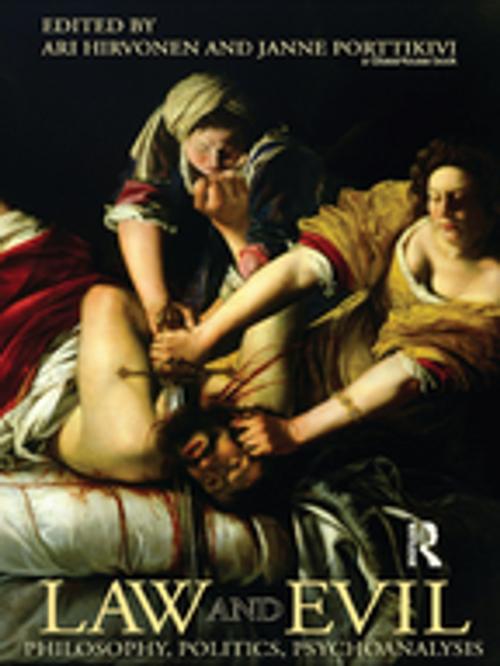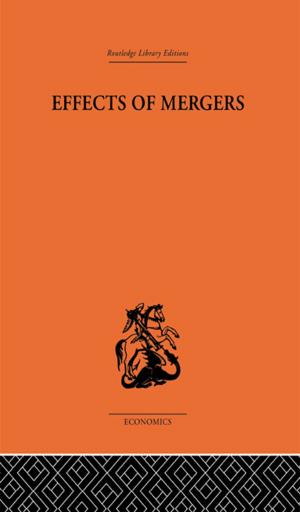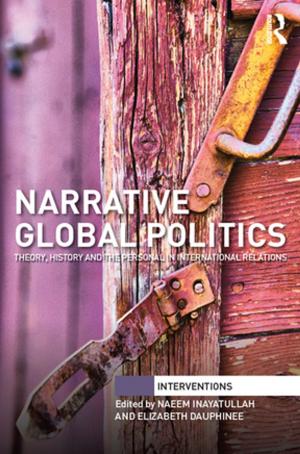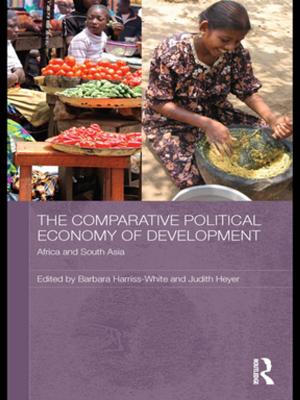Law and Evil
Philosophy, Politics, Psychoanalysis
Nonfiction, Reference & Language, Law, Jurisprudence, Religion & Spirituality, Philosophy, Good & Evil| Author: | ISBN: | 9781135268183 | |
| Publisher: | Taylor and Francis | Publication: | October 22, 2009 |
| Imprint: | Routledge-Cavendish | Language: | English |
| Author: | |
| ISBN: | 9781135268183 |
| Publisher: | Taylor and Francis |
| Publication: | October 22, 2009 |
| Imprint: | Routledge-Cavendish |
| Language: | English |
Law and Evil opens, expands and deepens our understanding of the phenomenon of evil by addressing the theoretical relationship between this phenomenon and law. Hannah Arendt said 'the problem of evil will be the fundamental question of post-war intellectual life in Europe'. This statement is, unfortunately, more than valid in the contemporary world: not only in the events of war, crimes against humanity, terror, repression, criminality, violence, torture, human trafficking, and so on; but also as evil is used rhetorically to condemn these acts, to categorise their perpetrators, and to justify forcible measures, both in international and domestic politics and law.
But what is evil? Evil as a concept is too often taken as something that is self-evident, something that is always already defined. Taking Kant’s concept of radical evil as a starting point, this volume counters such a tendency. Bringing together philosophical, political, and psychoanalytical perspectives, in analysing both the concept and the phenomenon of evil, the contributors to this volume offer a rich and thoroughgoing analysis of the multifaceted phenomenon of evil and its relationship to law.
Law and Evil opens, expands and deepens our understanding of the phenomenon of evil by addressing the theoretical relationship between this phenomenon and law. Hannah Arendt said 'the problem of evil will be the fundamental question of post-war intellectual life in Europe'. This statement is, unfortunately, more than valid in the contemporary world: not only in the events of war, crimes against humanity, terror, repression, criminality, violence, torture, human trafficking, and so on; but also as evil is used rhetorically to condemn these acts, to categorise their perpetrators, and to justify forcible measures, both in international and domestic politics and law.
But what is evil? Evil as a concept is too often taken as something that is self-evident, something that is always already defined. Taking Kant’s concept of radical evil as a starting point, this volume counters such a tendency. Bringing together philosophical, political, and psychoanalytical perspectives, in analysing both the concept and the phenomenon of evil, the contributors to this volume offer a rich and thoroughgoing analysis of the multifaceted phenomenon of evil and its relationship to law.















